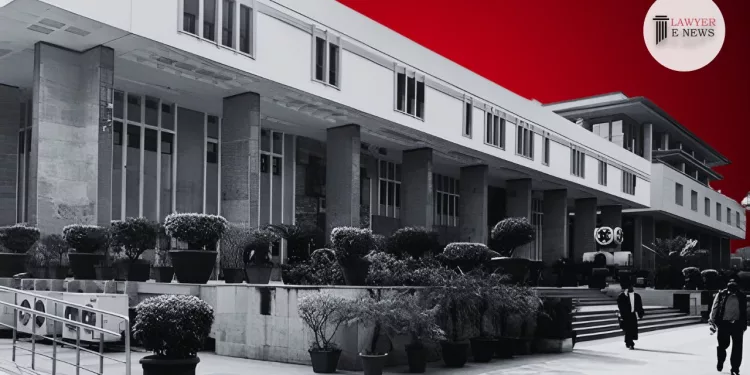A Judicial Officer Becomes Functus Officio Upon Receipt of Transfer Orders and Cannot Conduct Hearings Post This Time: Delhi High Court Sets Aside Orders Post-Judicial Transfer

The Delhi High Court has set aside an appellate court order concerning maintenance payments under the Domestic Violence Act due to procedural irregularities arising from the transfer of the presiding judicial officer. The Court emphatically clarified that a judge becomes ‘functus officio’—ceasing to have any authority—upon receiving transfer orders, rendering any subsequent judicial actions void.
Legal Context and Brief Facts: The controversy centers around two appeals—CRL.M.C. 140/2024 and CRL.M.A. 571/2024—regarding the maintenance payments adjudicated under the Protection of Women from Domestic Violence Act, 2005. The petitioner, Rajeev Dagar, sought to overturn the appellate court’s decision that had increased the maintenance for his children, finalized on December 15, 2023, after the judge was formally transferred but continued to preside over cases.
Detailed Court Assessment and Decision:
Notification of Transfer: The High Court noted that the transfer of the judicial officer was notified on December 14, 2023, and was communicated to him the following morning. By continuing to hear and decide cases post-notification, the officer exceeded his jurisdiction.
Validity of Actions Post-Transfer: Justice Anoop Kumar Mendiratta pointed out that the officer in question became functus officio at 11:09 AM on December 15, the exact moment he received his transfer notice. Any judicial actions taken after this moment were deemed unauthorized.
Impact on the Appeals: The court emphasized that for any judicial decision to be valid post-transfer, it must either have been concluded or reserved for judgment before the transfer notice. Since this was not the case, the orders issued were invalid.
Remanding the Appeals: Without delving into the merits of the case itself or casting aspersions on the proceedings, the Court remanded the appeals back to a successor court. The appeals are set to be re-heard on May 14, 2024, ensuring that they are processed promptly and in accordance with judicial protocols.
Conclusion: The High Court’s decision underscores the strict adherence required to administrative protocols concerning judicial transfers. The ruling protects the integrity of judicial proceedings, ensuring that any potential procedural errors do not compromise the administration of justice.
Date of Decision: April 16, 2024
Rajeev Dagar vs. Mukesh Dagar






